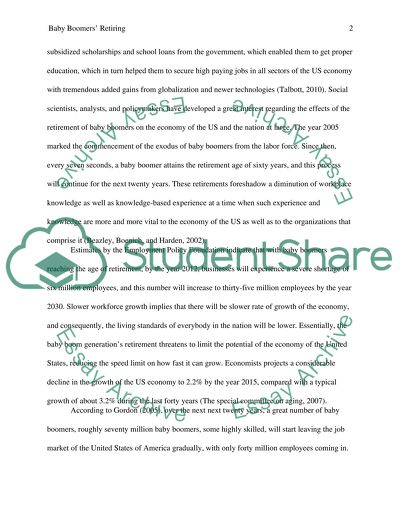Cite this document
(“The Effects of Baby Boomers Retiring Will Have on the Economy Research Paper”, n.d.)
The Effects of Baby Boomers Retiring Will Have on the Economy Research Paper. Retrieved from https://studentshare.org/macro-microeconomics/1401365-the-effects-of-baby-boomers-retiring-will-have-on-the-economy
The Effects of Baby Boomers Retiring Will Have on the Economy Research Paper. Retrieved from https://studentshare.org/macro-microeconomics/1401365-the-effects-of-baby-boomers-retiring-will-have-on-the-economy
(The Effects of Baby Boomers Retiring Will Have on the Economy Research Paper)
The Effects of Baby Boomers Retiring Will Have on the Economy Research Paper. https://studentshare.org/macro-microeconomics/1401365-the-effects-of-baby-boomers-retiring-will-have-on-the-economy.
The Effects of Baby Boomers Retiring Will Have on the Economy Research Paper. https://studentshare.org/macro-microeconomics/1401365-the-effects-of-baby-boomers-retiring-will-have-on-the-economy.
“The Effects of Baby Boomers Retiring Will Have on the Economy Research Paper”, n.d. https://studentshare.org/macro-microeconomics/1401365-the-effects-of-baby-boomers-retiring-will-have-on-the-economy.


